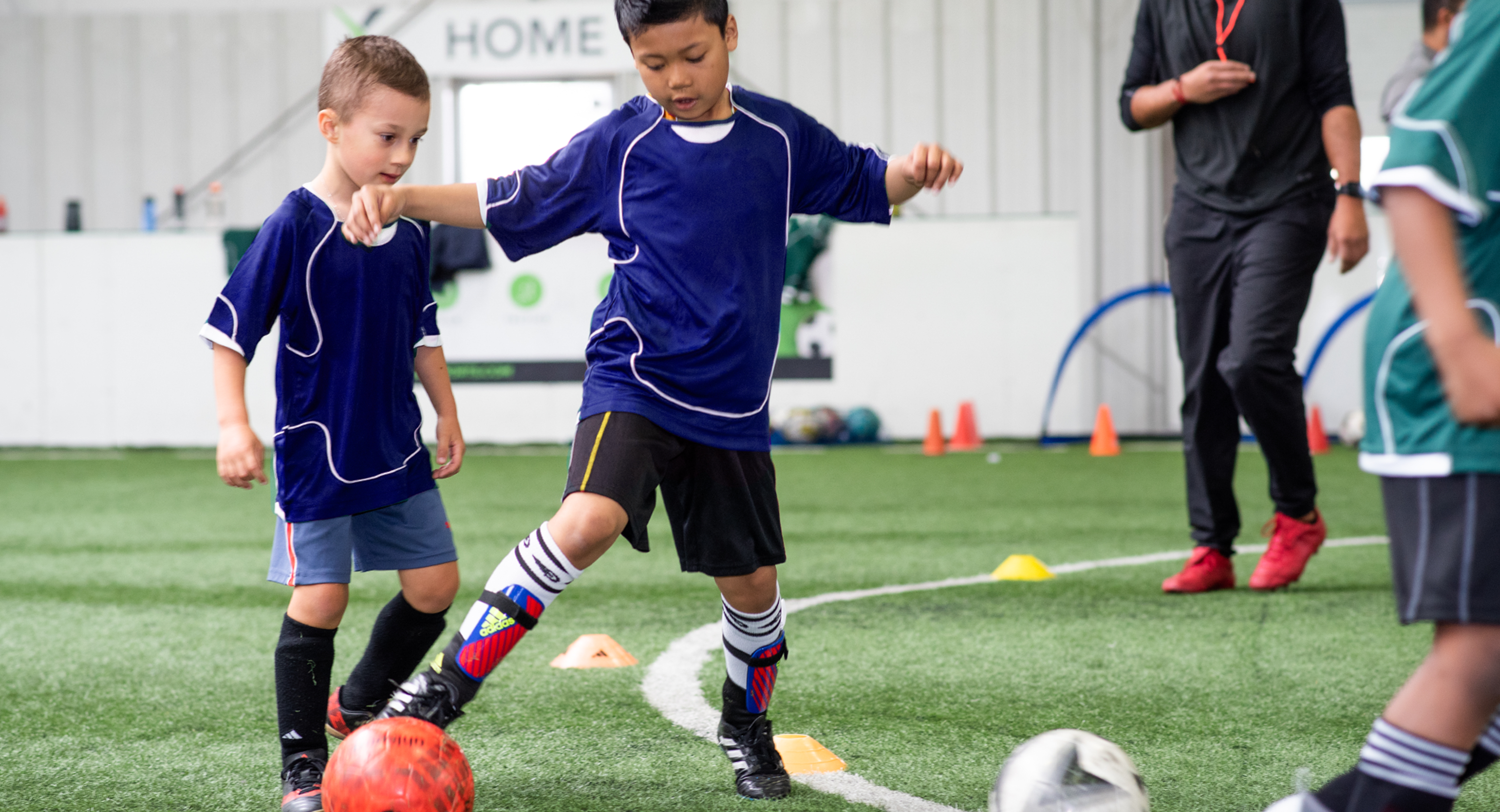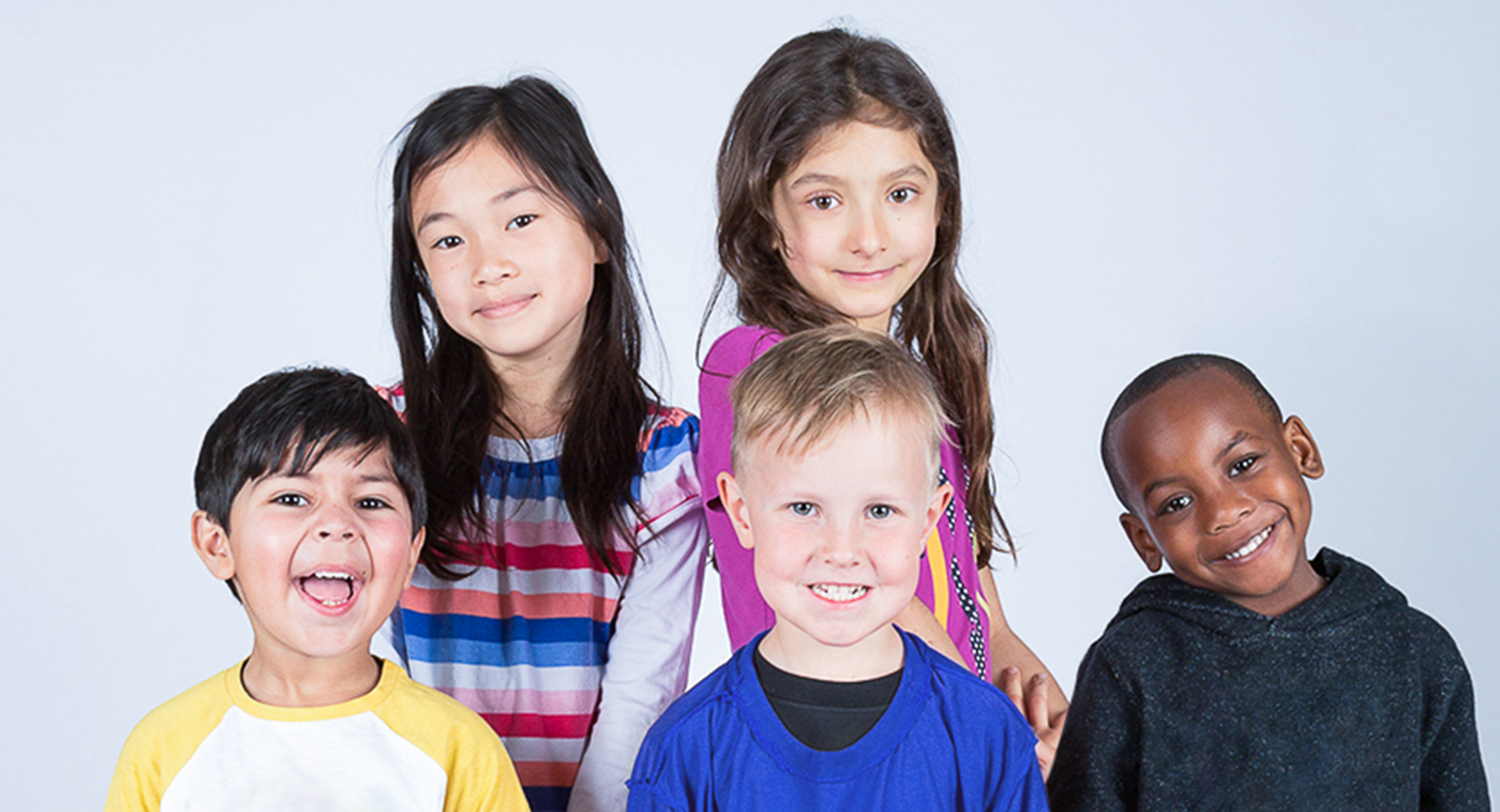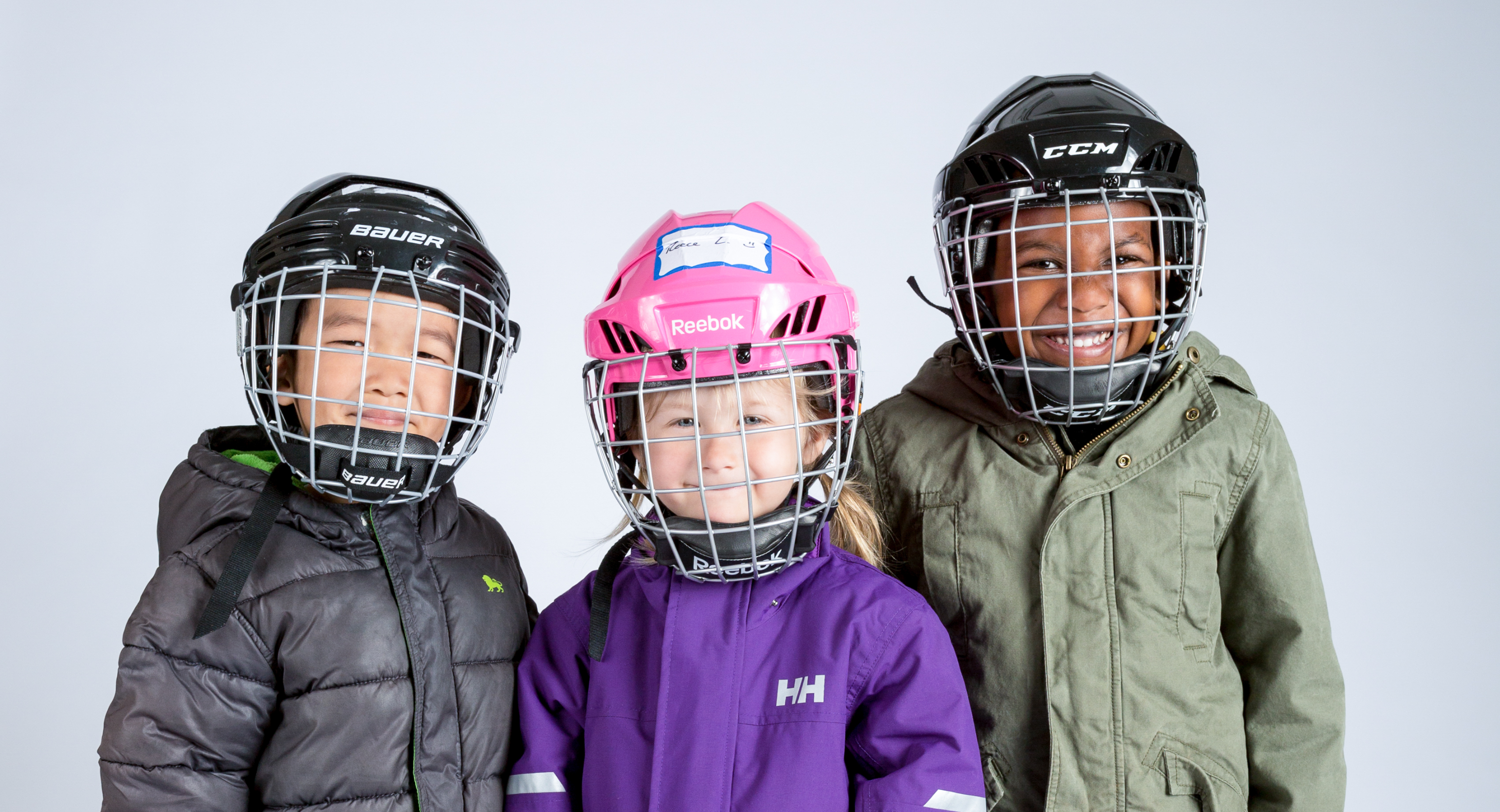June 3, 2021
Self-care tips to get ready for Summer Camp.
This summer may look a little different, and in keeping that top of mind we want to ensure we’re getting kids and their parents in the right frame of mind to get set for camp!
By Julia Maniccia
There are so many questions you may have in order to fully prepare yourself and your child for what comes next. What will a full day of camp look like? How will my child feel? Will they be able to socialize and make friends?
Let us help you navigate, and feel confident that your child will get the most out of their camp experience. Have any questions? We’re always here for you, fill out the form here for any covid related inquiries.
Get prepared for play!
By getting into a routine and practicing healthy habits, you can help foster positive qualities in your children to help them cope through challenging times.
With a little help from resources like School Mental Health Ontario, we’ve prepared some self-care tips to help you and your child/ children keep strong & healthy, bodies & minds.
SLEEP
Recharge + Repeat
Sleep is your body’s way of recharging from a full day of activity to get prepared for the next! It plays a vital role in your overall health. According to the Canadian Paediatric Society your child should be getting 9-12 hours of sleep each night. Do you know what can help with this? Physical activity! When your child has used up all their energy playing sports, games, or activities, they’ll naturally fall into a good rhythm for sleep. One tip to note: having a set schedule helps to regulate the body, so make sure you have a regular time for going to bed & waking up.
NUTRITION
Eat + Hydrate
3 meals, snacks in between & lots of water! Food is such an important part of your everyday self-care routine. It’s how we fuel our bodies. We partnered with Seanna Thomas, Holistic Nutritional Consultant from Hockey Snacks to give us some tips on healthy snacks to keep your child energized for a full day of camp. She says that a good diet of whole foods with essential nutrients such as carbohydrates, protein, and healthy fats all helps to promote a strong body and mind. And of course, we can’t forget to stay hydrated. Many times we feel drained because our bodies aren’t receiving enough, so next time your child or you’re feeling sluggish try a glass or two of H2O.
ROUTINE
Move + Enjoy
Being physically active and doing activities that are fun, makes life so much more enjoyable! Incorporating movement into your daily activities, whether it be a walk, stretching or gameplay has so many benefits. Physical activity helps to increase overall energy, enhances your immune system, and even stimulates brain development! Most importantly being physically active increases your serotonin: the happy hormone! When you move your body, you release both dopamine and serotonin which improves your mood and can even be particularly helpful for those that deal with anxiety or panic attacks.
FRIENDSHIPS
Support + Connect
We cannot leave out how vital socialization is to have as part of our self-care routines. It’s a basic human need to connect with others, and we know how increasingly difficult it’s been to do so during a pandemic. Ensuring we are making a conscious effort to keep and engage with our friends and family also helps with our overall mood & well-being. Camp is a great way to encourage and foster social connections for our children. By being surrounded by like-minded children, your child can begin to establish trust while building these new relationships, gain confidence and improve their self-esteem. Support healthy friendships for your child, and encourage staying connected through virtual games, meet-ups & more!
COMMUNICATE
Recognize + Reflect
Take good care of yourself! Being mindful is definitely a difficult practice to implement. Now more than ever we are constantly on the go and being as flexible as we can to roll with the punches. However, now more than ever is the time to start mindful practices and build them into your child’s routine too! Take a breath, do it. Right now! Be present at this moment. Or make time to enjoy the now with your family. Create an environment to openly talk about emotions, we’re all feeling a lot and it’s important to talk about it. Once you’ve discussed how you and your child are feeling, make action plans to mitigate negative feelings and maintain positive ones.
Practicing self-care is great for your child’s overall wellness, and of course yours too! We hope you enjoyed these self-care tips and that you (if you’re not already) build a routine to incorporate them into!
If you’re interested in additional resources on self-care, mental health, and alternate coping strategies, we’ve prepared the following list provided by the Toronto District School Board to help you and your families manage your overall mental health and well-being.
Additional Resources:
Student Mental Health Action Kit for Families
Mental Health and Wellness Services for Indigenous Children and Youth
Naseeha Mental Health Hotline, Muslim and non-muslims
Islamic Circle of North America Relief Canada
Community Family Services of Ontario
Anishnawbe Health Toronto OSHKII OKITCHIIDAK (YOUTH) PROGRAM
Hong Fook Mental Health Association




